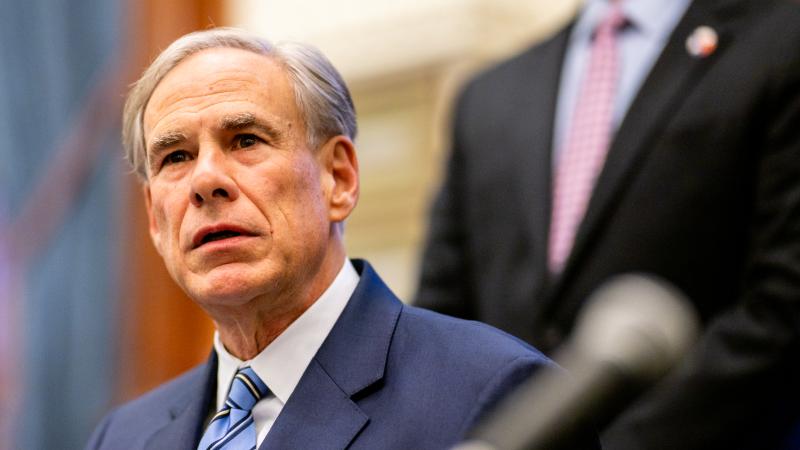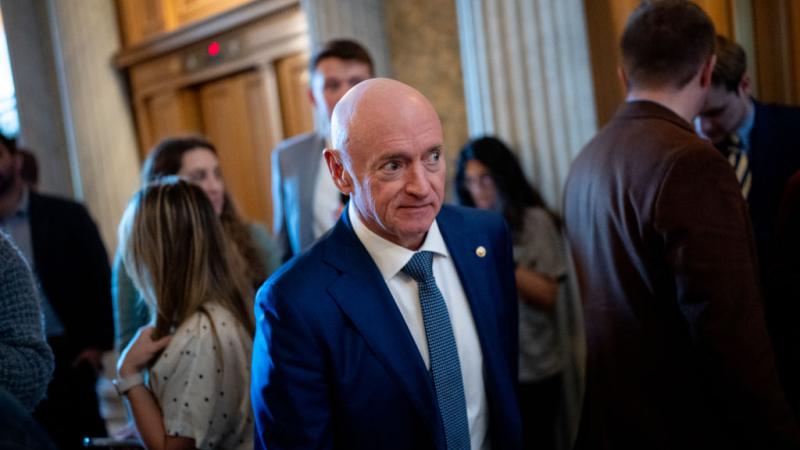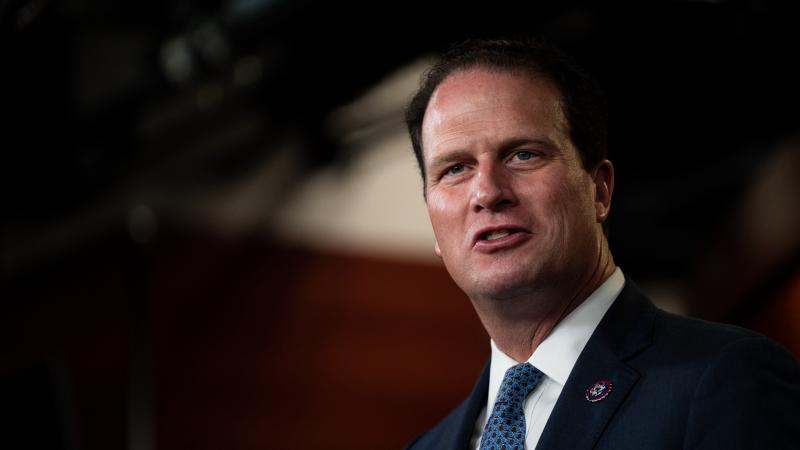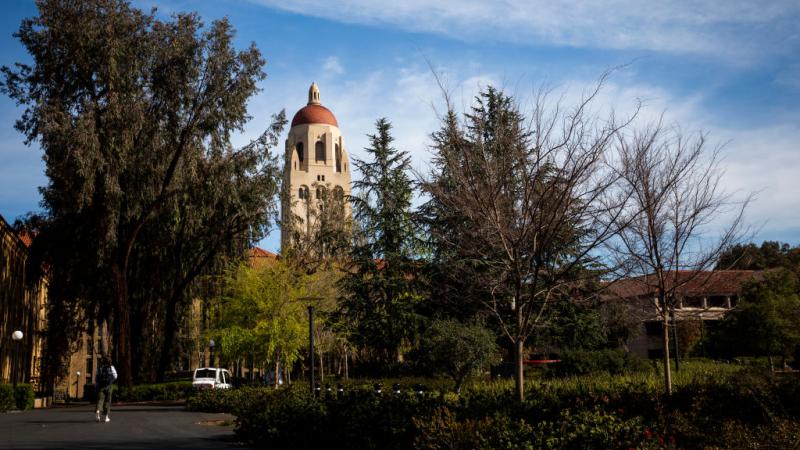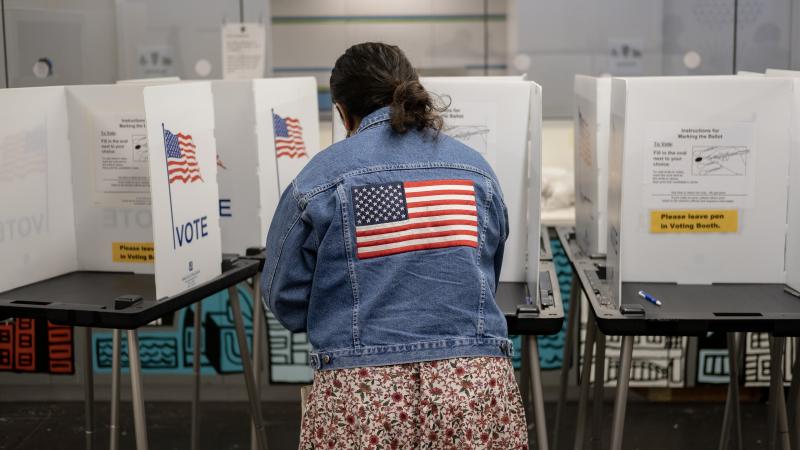Education Secretary McMahon faces questions over new initiatives in proposed budget
Democrats’ questioning of Secretary McMahon on Wednesday grew heated at times, as they tried to pin McMahon down on the potential negative consequences of spending cuts.
(The Center Square) -
At a Wednesday hearing on the policies and priorities of the U.S. Department of Education, Republican committee members asked the education secretary about the benefits of new department priorities reflected in the budget bill now before the Senate, while Democrats pressed McMahon on spending cuts and for acting independently of Congress.
Secretary of Education Linda McMahon summarized the department’s goal under the second Trump administration at the end of her opening statement.
“Our goal is clear, make education better, fairer and more accountable by ending federal overreach and empowering families, schools and states who best know the needs of their students,” McMahon said.
McMahon testified before the Senate Appropriations Committee on Tuesday advocating for a 15% reduction in the department’s budget.
In January, President Donald Trump issued an executive order effectively dismantling the department. The department has also begun investigations and threatened to withdraw funding from universities and school districts that haven’t done enough to combat anti-semitism and with gender and diversity, equity and inclusion policies that Trump has sought to eliminate through other executive orders.
Democrats’ questioning of McMahon on Wednesday grew heated at times, as they tried to pin McMahon down on the potential negative consequences of spending cuts.
Rep. Joe Courtney, D-CT, repeatedly asked McMahon why the budget allocated funding to charter schools but not to magnet schools, as she and Republicans have advocated for school choice.
“You zeroed out magnet schools in the skinny budget,” Courtney said. “What your budget does is it undercuts parental choice because magnet schools are choice-driven programs.”
McMahon responded by saying she supported magnet schools and there were other ways they could receive funding through the department’s budget proposal.
“They are public schools… I think as the states have more control over their state budgets, they can allocate those dollars [from public school funds] to magnet schools,” McMahon said.
“Talk is cheap,” Courtney interjected, “Budgets are what count, and this budget does not say that magnet schools are great.”
McMahon said that the “zeroed out” budget for magnet schools was from the first budget proposal from the Office of Management and Budget and could potentially be adjusted in ongoing budget negotiations if magnet schools needed more direct support.
Democrats also challenged Department of Government Efficiency-directed staffing and spending cuts, saying that the executive branch was acting illegally by making such cuts without approval from Congress. Rep. Suzanne Bonamici, D-Ore., asked McMahon what she was doing to reinstate “$1 billion in congressionally directed federal grants” that DOGE “froze or terminated,” citing some back and forth from McMahon’s confirmation hearing.
“Senator Alsobrooks asked you whether you would support any directive from the president to freeze funds that have been appropriated by Congress, and you responded, if they have been appropriated by Congress, those funds should be disseminated,” Bonamici said. “If you were being truthful, what is your plan to immediately reinstate these funds?”
McMahon thanked Bonamici for the question and said she would “like to work with [her] to understand exactly which grants” Bonamici was referencing and that her department was abiding by the law.
Bonamici cut McMahon off multiple times, saying she wasn’t answering her questions.
Committee Chairman Tim Walberg, R-Mich., asked McMahon what Trump’s spending plan does to reform higher education funding.
“What does the administration see as the three most important higher education policies in this legislation?” Walberg asked.
In her answer, McMahon referred to a provision in the bill which she said forces universities to have “some skin in the game,” as well as workforce Pell Grants. Under the provision, colleges can be penalized and risk losing access to federal student aid programs if a high percentage of their former students continually default on their loan repayments.
“I believe that if colleges and universities have a little skin in the game and they have to repay part of that loan, they'll take a look at what their costs are, as we are, as looking at education across the board,” McMahon said.
“I think we also ought to look at our simplification of the student loan and repayment program system to discourage institutions from raising tuition costs just because they know the federal government will make the loan,” she continued.
She finished by describing workforce Pell Grants that would open up Pell Grants to students “to pursue high-quality short-term training” and help fill a severe workforce shortage.
Trump’s One Big Beautiful Bill Act is currently with the Senate after passing the House of Representatives. The president has repeatedly urged the chamber to pass the bill by July 4.
